Organ transplantation has long been a challenging field of study, aiming to save countless lives by replacing damaged organs with functional ones. The scientific community initially focused on human transplants, but the complexity and ethical issues associated with this procedure led researchers to consider trials on animals. Monkeys, being our close relatives in the animal kingdom, became central to these pioneering experiments.
Why Monkeys? The Evolutionary Advantage

Monkeys share numerous physiological and genetic similarities with humans, making them ideal candidates for medical experimentation involving organ transplants. Their close evolutionary ties meant that successes in monkeys could potentially be replicated in human subjects. This set the stage for groundbreaking research in experimental transplantation.
Initial Challenges Faced by Researchers
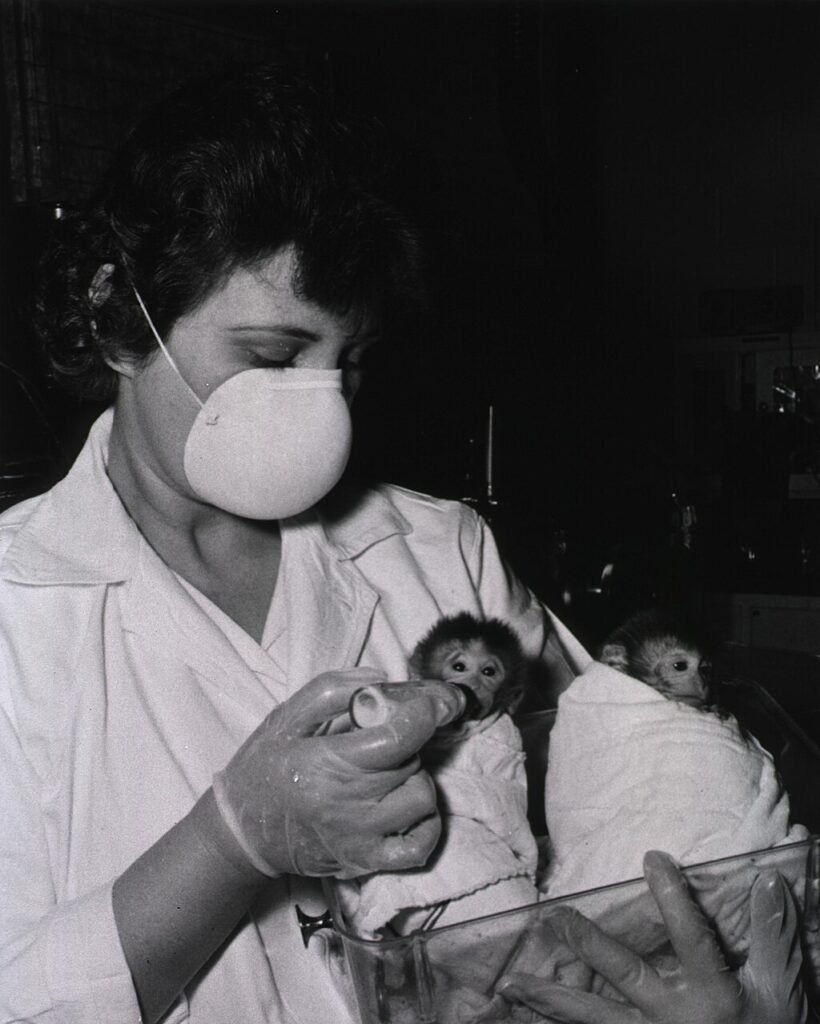
Early experiments in organ transplantation within non-human primates were fraught with difficulties. The significant hurdles included immune rejection, surgical complications, and post-operative care. Initial attempts often resulted in failure due to the lack of advanced immunosuppressive drugs and medical technologies that we now take for granted.
The Pioneering Experiment
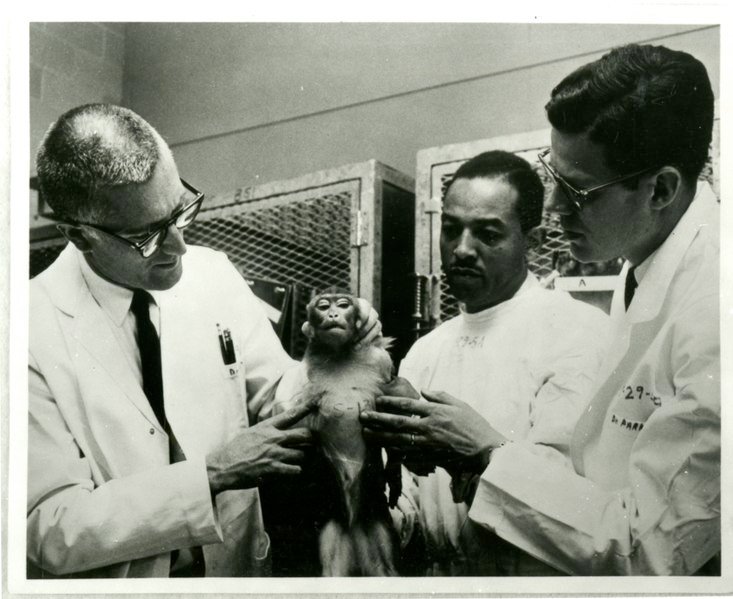
The first successful organ transplant in a monkey was spearheaded by a team of dedicated scientists determined to overcome the barriers that had thwarted earlier attempts. They conducted experiments focusing on kidney transplants, an optimal organ choice due to its relative resilience compared to more complex organs like the heart or liver.
The Groundbreaking Success
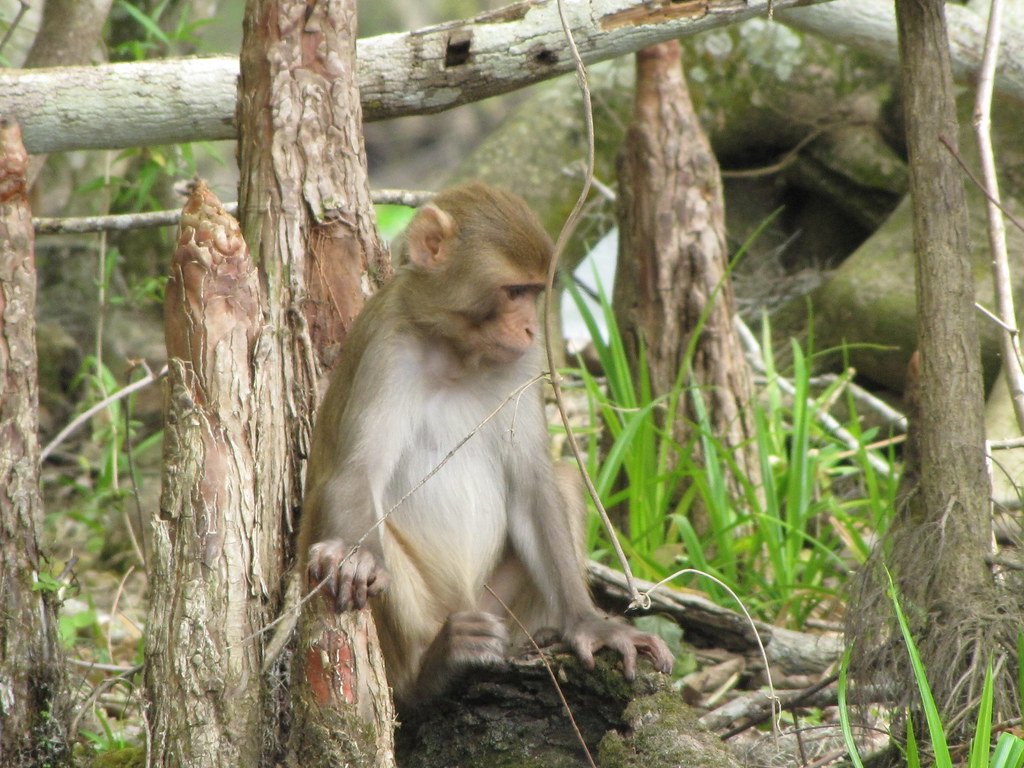
In the early 1960s, a team led by renowned transplant researcher Dr. Keith Reemtsma achieved the groundbreaking milestone of a successful monkey kidney transplant. The recipient, a rhesus monkey, survived for several months post-operation—a significant achievement at the time. This success was primarily attributed to better surgical techniques and the introduction of immunosuppressive drugs which reduced the likelihood of organ rejection.
Impact on Medicine and Research
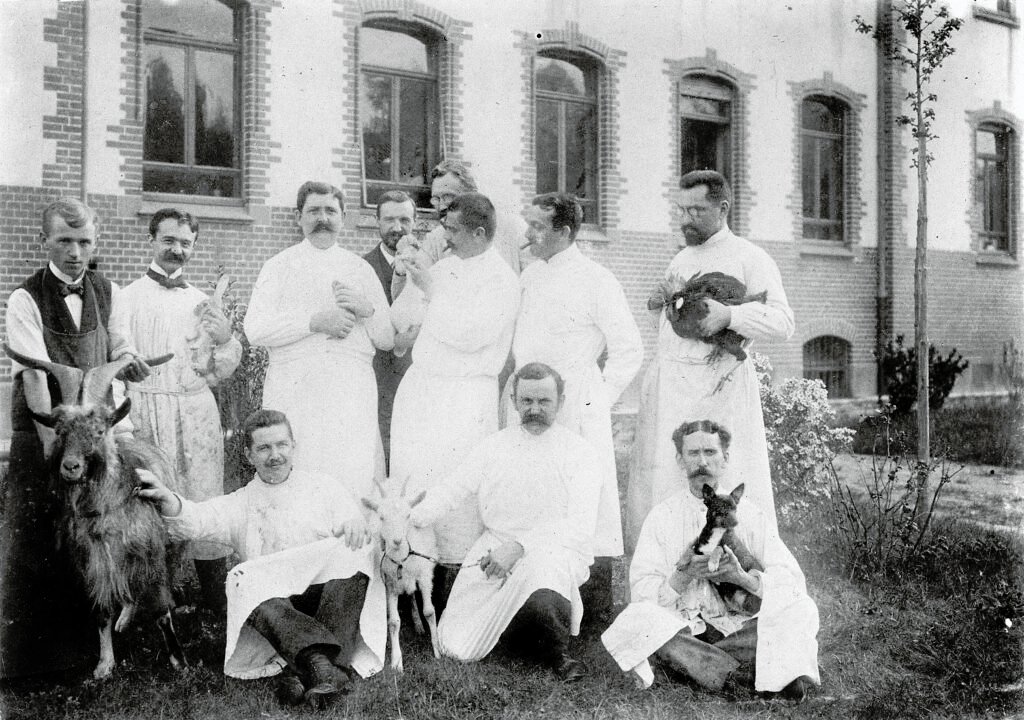
This pioneering success had substantial implications for both animal and human medicine. It proved that organ transplants were viable, which in turn invigorated further research and development in the field. This experiment opened the doors to more advanced procedures and eventually led to successful human transplants.
Ethical Considerations in Animal Transplants
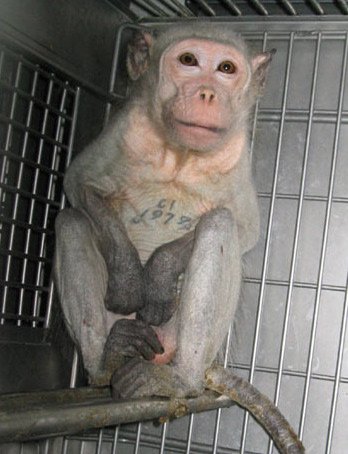
While the scientific achievements were monumental, they also sparked discussions about the ethical considerations of using animals for medical research. The well-being of monkeys in experiments remains a concern for animal rights advocates, highlighting the importance of balancing scientific progress with ethical treatment.
The Legacy of the First Successful Transplant
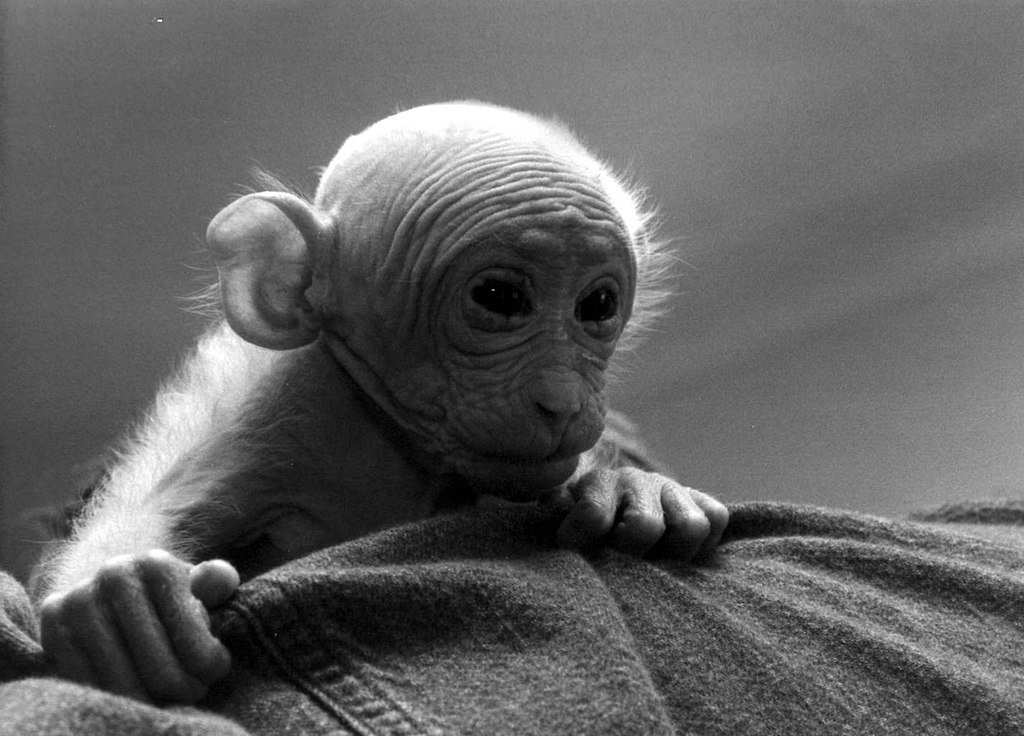
The success of the first organ transplant in a monkey provided a crucial foundation for the field of transplantation. It laid the groundwork for the development of surgical techniques and aftercare that are pivotal in human organ transplants today. The legacy of this achievement underscores the importance of animal research in making biomedical advances possible, demonstrating the intersection of science, ethics, and progress.
Conclusion

The story of the first successful organ transplant in a monkey is a testament to human ingenuity and perseverance. It served as a milestone in medical research, enabling subsequent breakthroughs in both animal and human organ transplantation. Despite the challenges and ethical debates it posed, the experiment has been instrumental in saving countless lives and advancing our understanding of both human and animal biology.



